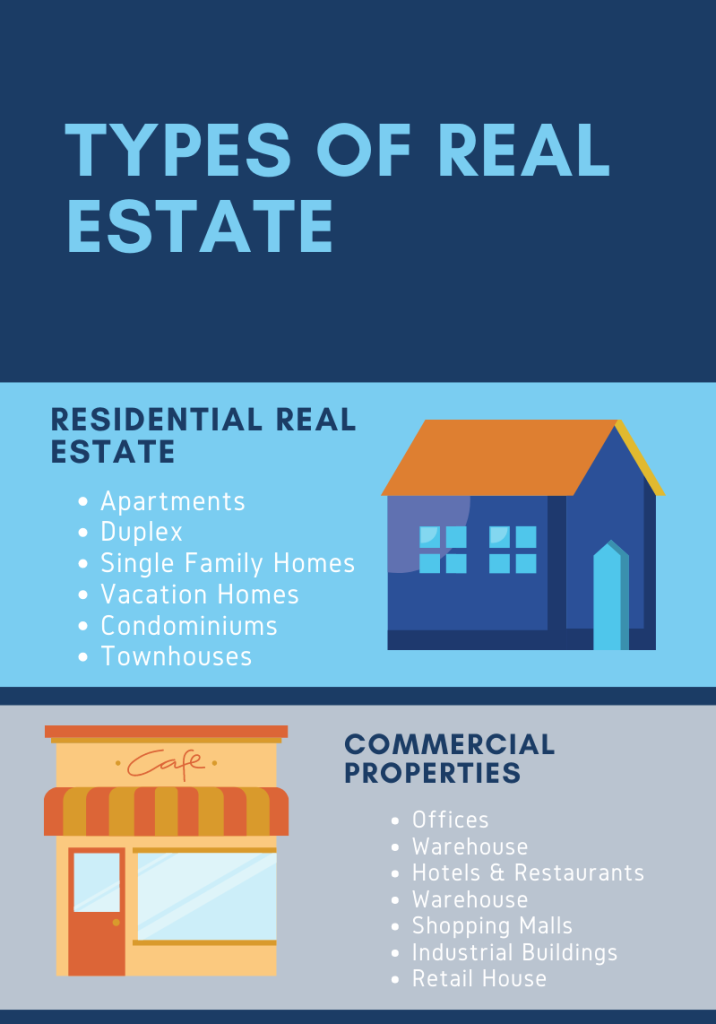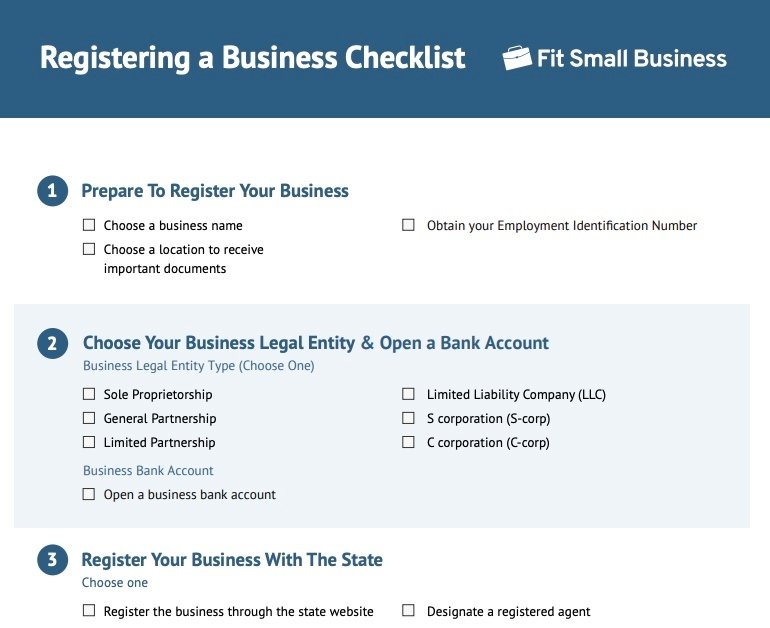Starting a real estate business in the United States offers exciting opportunities for entrepreneurs looking to build wealth, gain independence, and help others buy or sell property. Whether you’re aiming to become a real estate agent, investor, broker, or property manager, this guide will walk you through every step of launching your own real estate business.
Step 1: Choose Your Real Estate Niche
Real estate is a broad industry with many paths. Decide which area aligns best with your goals:
- Residential Sales : Helping individuals buy or sell homes.
- Commercial Real Estate : Working with businesses to lease or purchase office spaces, retail locations, or industrial properties.
- Property Management : Managing rental properties on behalf of owners.
- Real Estate Investment : Buying, renovating, and selling or renting properties.
- Real Estate Brokerage : Running your own brokerage firm and hiring agents.
Each path has different licensing requirements, startup costs, and strategies.

Step 2: Research State Licensing Requirements
To legally operate a real estate business in the U.S., you must obtain the appropriate license from your state’s real estate commission.
Common licenses include:
- Sales Agent License : Required to work under a broker.
- Broker License : Allows you to open your own brokerage and hire agents.
Requirements vary by state but generally include:
- Minimum age (usually 18 or older)
- Background check
- Pre-licensing education (hours vary by state)
- Passing a licensing exam
Visit your state’s real estate commission website for full details.
Step 3: Complete Required Education and Exams
Before taking the licensing exam, complete all required pre-licensing courses. Topics typically include:
- Real estate law
- Contracts and transactions
- Property valuation
- Ethics and professional standards
Once coursework is complete, schedule and pass your state’s real estate license exam.

Step 4: Join or Start a Brokerage
If you’re starting as a real estate agent, you’ll need to join a licensed brokerage. If you have a broker’s license, you can start your own brokerage.
When choosing a brokerage:
- Look for training, mentorship, and marketing support
- Consider commission splits and monthly fees
- Evaluate technology tools and MLS access
Build relationships with experienced agents to grow your network.
Step 5: Set Up Your Legal Business Structure
To protect your personal assets and ensure compliance, choose a legal structure for your business:
- Sole Proprietorship : Simple to set up but no liability protection.
- LLC (Limited Liability Company) : Most popular for small businesses; offers asset protection.
- Corporation : Suitable for larger operations.
- Partnership : For multiple owners.
Register your business with your state and obtain an EIN (Employer Identification Number) from the IRS.

Step 6: Build Your Brand and Online Presence
In today’s digital world, a strong brand and online presence are essential for attracting clients.
Create:
- A professional logo and business name
- A branded website with listings, testimonials, and contact info
- Active social media profiles (Instagram, Facebook, LinkedIn)
- Google Business listing for local visibility
Use SEO-friendly content and high-quality images to stand out.
Step 7: Develop a Marketing Strategy
A solid marketing plan helps you generate leads and close deals.
Effective strategies include:
- Social media marketing and paid ads
- Email newsletters and drip campaigns
- Hosting open houses and community events
- Partnering with local businesses
- Using CRM software to manage client relationships
Invest in tools like Canva, Mailchimp, Zillow Premier Agent, or Realtor.com Ads.

Step 8: Network and Generate Leads
Networking is key to growing your real estate business.
Ways to generate leads:
- Attend real estate networking events and conferences
- Get referrals from past clients and colleagues
- Use real estate lead generation platforms (Zillow, Realtor.com, Redfin)
- Offer free home valuations or market reports
- Volunteer in your community to build trust and visibility
Step 9: Hire a Team (Optional)
As your business grows, consider hiring professionals to help manage workload:
- Virtual assistants for admin tasks
- Photographers for listing visuals
- Website developers and designers
- Real estate agents (if you own a brokerage)
Outsource non-core activities to focus on sales and strategy.
Step 10: Stay Compliant and Keep Learning
Real estate laws and market conditions change constantly.
Stay ahead by:
- Renewing your license regularly (most states require renewal every 1–2 years)
- Taking continuing education courses
- Staying updated on local market trends
- Following ethical guidelines and fair housing laws
Join professional associations like the National Association of Realtors® (NAR) for resources and credibility.
FAQ: Frequently Asked Questions About Starting a Real Estate Business in the USA
Q: Do I need a college degree to start a real estate business?
A: No, a high school diploma is sufficient, though some agents pursue degrees in business, marketing, or finance.
Q: How much does it cost to start a real estate business?
A: Startup costs range from $1,000 to $10,000+, depending on licensing fees, branding, marketing, and technology tools.
Q: Can non-U.S. citizens start a real estate business in the USA?
A: Yes, but you must comply with visa and business registration rules and may need legal guidance.
Q: Is real estate a good business to start?
A: Yes, if you’re willing to invest time in learning, networking, and marketing. It offers flexibility, scalability, and strong earning potential.
Q: What are the biggest challenges when starting a real estate business?
A: Building a client base, managing cash flow early on, staying compliant with regulations, and balancing marketing efforts with daily operations.
Join The Discussion